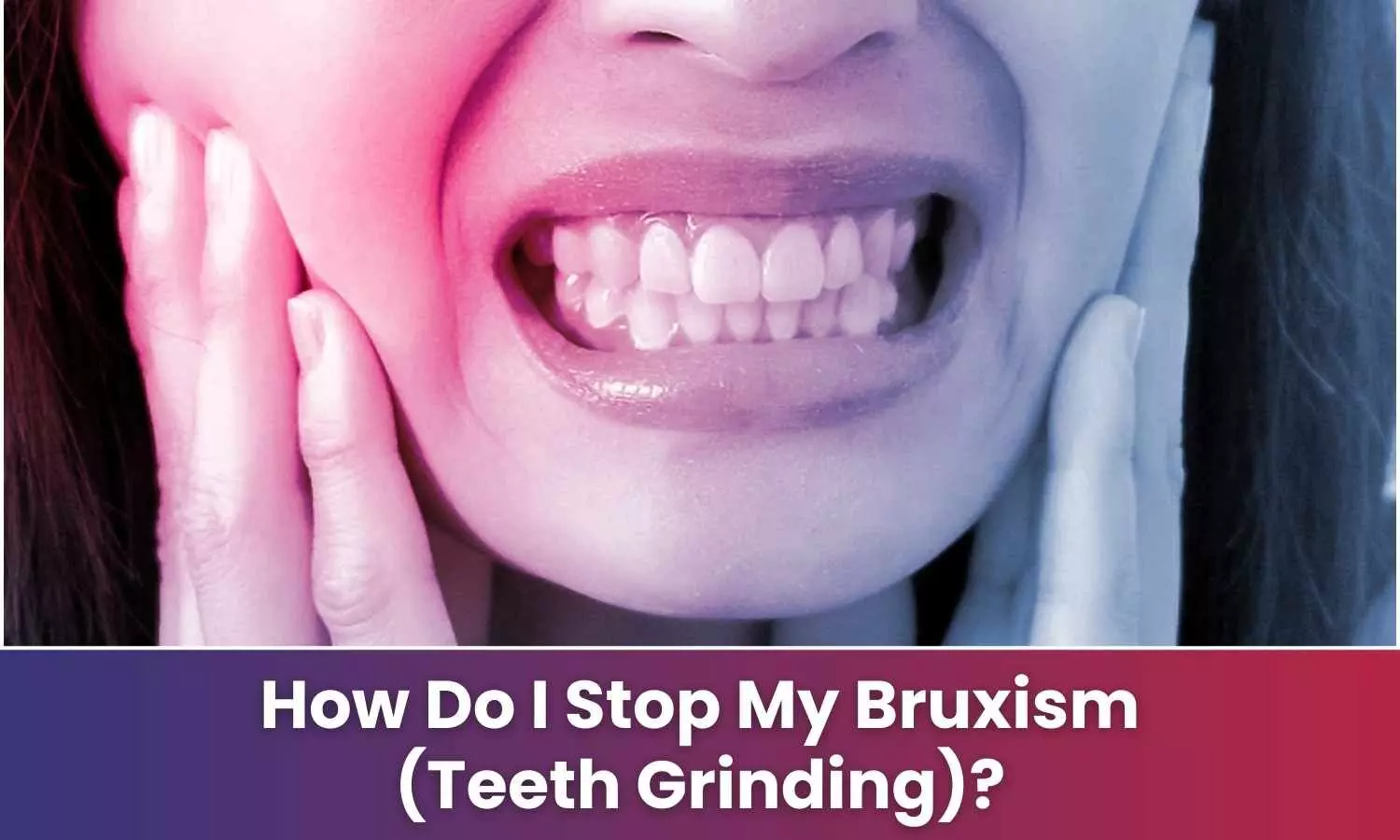How Do I Stop My Bruxism (Teeth Grinding)?

Understanding Bruxism: What You Need to Know
Bruxism, also known as clenching or teeth grinding, is a condition where you unknowingly grind, clench, or gnash your teeth. It can happen during the day or at night (sleep bruxism), and while it may seem harmless, bruxism can lead to various dental problems if left untreated. Let’s explore what bruxism is, how to recognize it, when to see your dentist, and the treatment options available.
What is Bruxism?
Involuntary clenching or grinding of teeth is what is called Bruxism, which can occur when you’re awake or asleep. It’s more common than you might think and can affect people of all ages. Sleep bruxism is often linked to stress, anxiety, or even an abnormal bite.
Signs and Symptoms of Bruxism
Bruxism can be tricky to identify on your own, especially if it happens while you sleep. Here are some common signs and symptoms that might indicate you’re grinding your teeth:
- Jaw pain or soreness upon waking up.
- Headaches, especially in the morning.
- Tooth sensitivity or pain.
- Worn or flattened teeth.
- Clicking or popping sounds in the jaw.
- Earaches, even when there’s no infection.
- Tight or tired jaw muscles.
- Distorted dental restorations, such as fillings or crowns.
During your next appointment, make sure your dentist is aware of any symptoms you may be experiencing.
When Should You See a Dentist?
It’s a good idea to see your dentist if you suspect you have bruxism, especially if you’re experiencing persistent jaw pain, headaches, or worn-down teeth. Treatment outcomes can be improved and more harm can be avoided with an early diagnosis. Your dentist can conduct an examination, assess the condition of your teeth, and discuss the best course of action to manage bruxism.
Common Treatment Approaches for Bruxism
The good news is that bruxism can be managed with a variety of treatment options. Here are some of the most common approaches:
- Mouthguards or Splints: Wearing a custom-made mouthguard at night can protect your teeth from grinding. It cushions your teeth, preventing further damage while you sleep.
- Stress Reduction: Stress is a major trigger for bruxism and therefore managing stress through relaxation techniques, meditation, or even regular exercise can be helpful.
- Behavioral Therapy: If you grind your teeth while awake, learning techniques to stop clenching can be effective. This may include becoming more aware of your habits and trying relaxation exercises to reduce jaw tension.
- Dental Correction: In some cases, misaligned teeth or an improper bite can contribute to bruxism. Your dentist might recommend orthodontic treatment, crowns, or reshaping the biting surfaces of your teeth to improve alignment.
- Medication: For controlling severe bruxism linked to anxiety or stress, doctors may temporarily give muscle relaxants or anti-anxiety drugs. These shouldn't be used as a primary line treatment.
Conclusion: Protect Your Teeth from Grinding
Bruxism can be uncomfortable and damaging to your teeth, but the good news is that it’s treatable. If you think you might be grinding your teeth, don’t hesitate to speak with your dentist. Early intervention can help protect your teeth, reduce discomfort, and improve your overall oral health. Remember, a healthy smile starts with taking care of even the little things—like preventing bruxism!


